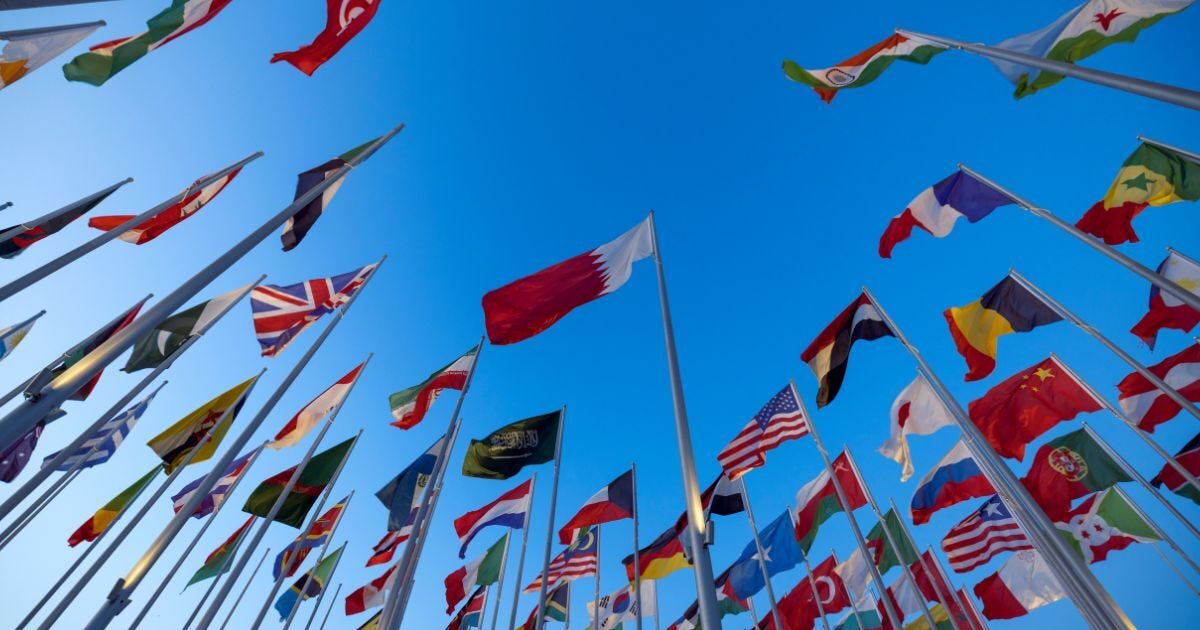Trump’s Diplomacy: Bold Strategy or Dangerous Isolation?
Is direct speech and dictatorial power the answer to global diplomacy?
America's shifting diplomatic stance compromises how nations share information, exercise authority, and maintain relationships.
What's Happening
US refuses to co-sponsor Ukraine support motion
Trump team holds talks without Ukraine present
G7 language sparks unexpected debate
Diplomatic protocols face challenges
Traditional alliances show strain
International unity weakens
Trump makes direct statements and independent moves. Traditional diplomats craft precise messages through established channels. World leaders struggle to find common ground as America takes an unexpected path.
Is direct speech and dictatorial power the answer to global diplomacy or subtle language and collaboration? It all depends on your Cultural Perspective.
The Perspective
Three distinct cultural patterns explain why these nations struggle to connect right now. Trump sends representatives to Saudi Arabia without consulting Ukraine. The UN carefully builds consensus with many nations. The G7 debates specific phrases.
This is more than simple disagreement - it shows fundamentally different ways of communicating, using power, and working together. These differences create diplomatic gridlock.
This growing disconnect threatens global stability when international cooperation matters most. While other nations maintain order through careful diplomatic practices and group decision-making, America's new government risks weakening the international system it built.
Why It Matters
These cultural differences matter because they're changing the basic rules of how nations work together. When Trump bypasses traditional diplomatic channels while other leaders maintain protocols and established norms, they're reshaping international relationships.
Each nation's way of conducting diplomacy comes from its own values and history. Different approaches work better in different situations. No single method is right for every context.
What It Means
The communication divide creates serious problems.
Trump's direct statements and independent actions show one method. Traditional diplomacy's careful language and established channels show another. When the US objects to common diplomatic phrases, it shows how these different styles threaten cooperation between allies.
The use of power highlights growing separation.
Trump's team meeting Russia without Ukraine shows comfort with independent action. Other nations work through groups like the UN and G7. This difference in using authority could break important partnerships.
The split between individual and group interests exposes another key division.
America steps away from shared positions on Ukraine. Other nations build agreement through careful discussion. When the US breaks from standard diplomatic practices, these different approaches create global instability.
What's Next
These cultural divisions will grow unless nations find new ways to work with America’s Republican government. America's direct communication and independent decisions will keep testing relationships with allies who prefer careful diplomatic practices and group choices.
Watch for traditional allies to build stronger regional ties while keeping distance from changing American positions. Future global stability needs more than agreement on policies - it requires understanding how different cultures communicate, use power, and make decisions together.
Success is finding balance between America's new diplomatic style and traditional international practices. Cultural differences shouldn't weaken global cooperation.





